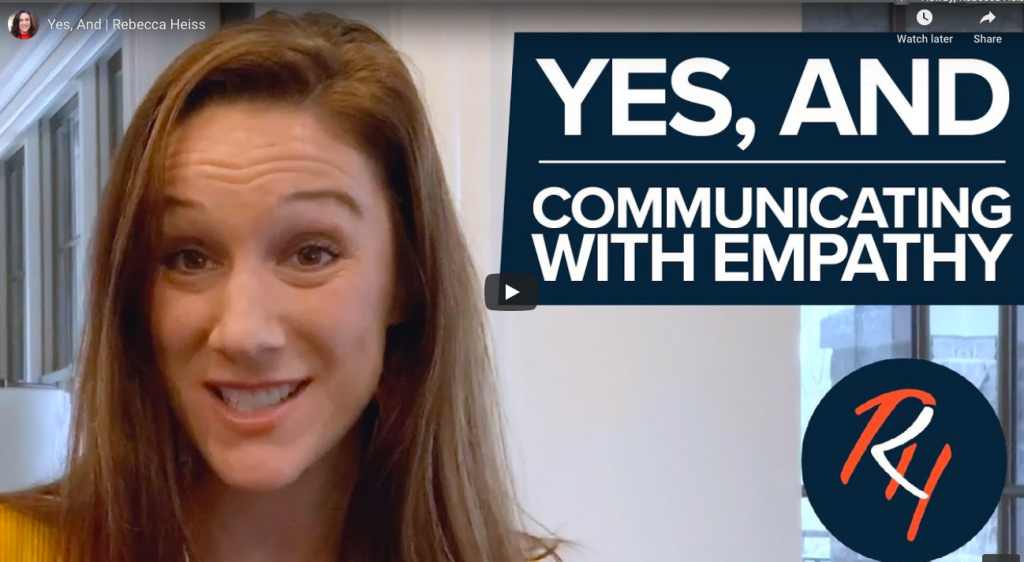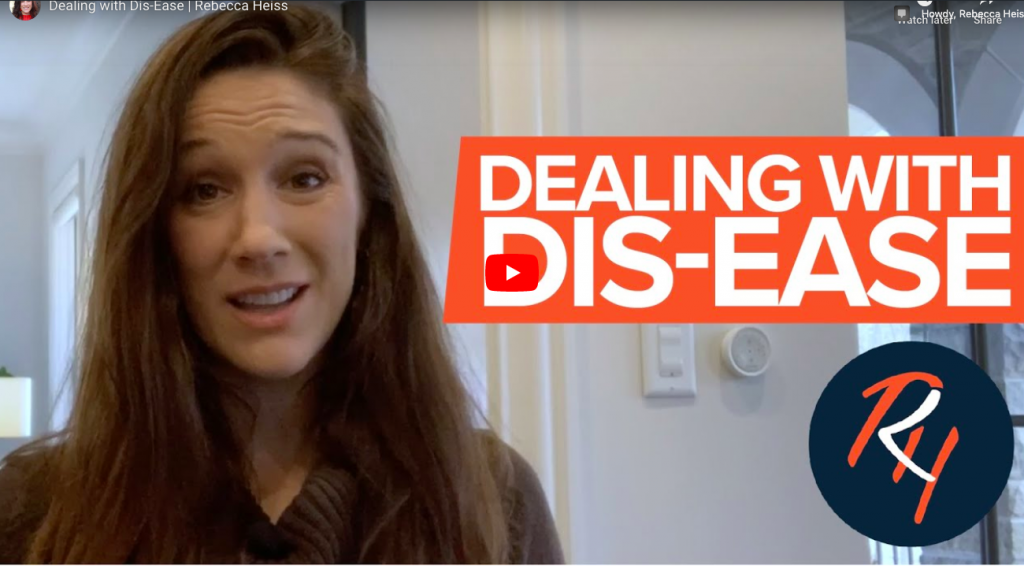Maybe you’ve heart of Larry Bird. Alright, we’ll give you that one.
Dirk Nowitzki?
Kevin Love?
Marc Gasol?
Okay, so maybe I’m just not as good at sports trivia as I would have thought. Then again, perhaps there is a reason so many of the lists of the top basketball players of all time are often split by race essentially to give the white guys noted above, a chance to land on any top 10 list.
If we are frank about our discussions with race, we have to acknowledge the averages.
On average, black men are more gifted at basketball.
Truth.
I really hate averages for a number of reasons (to be discussed in more detail in a future post), but by in large I feel that averages cause at least as much harm as they do good. Our brains rely on means to categorize and make sense of the world. Nevertheless, each of us is individualized such that while the “normal” or “average” person may sit at the arbitrary 50, I have always been at 45. Forty-five is my average. There are so many implications for understanding a personal average (especially when it comes to healthcare), but I digress.
What does it mean to embrace the averages?
White men can’t jump. Black men are good at basketball.
Which is the negative stereotype? To my way of thinking, both.
As a young black man, what am I if I don’t excel with an orange ball in my hand? What does that imply about my value and worth to you? To my culture? To myself?
We need to re-examine how stereotypes, even those we can argue are “positive,” are affecting both our way of thinking about individuals and how these averages are affecting the individuals themselves. Are there any stereotypes that truly are positive? I’d love to hear your thoughts.








